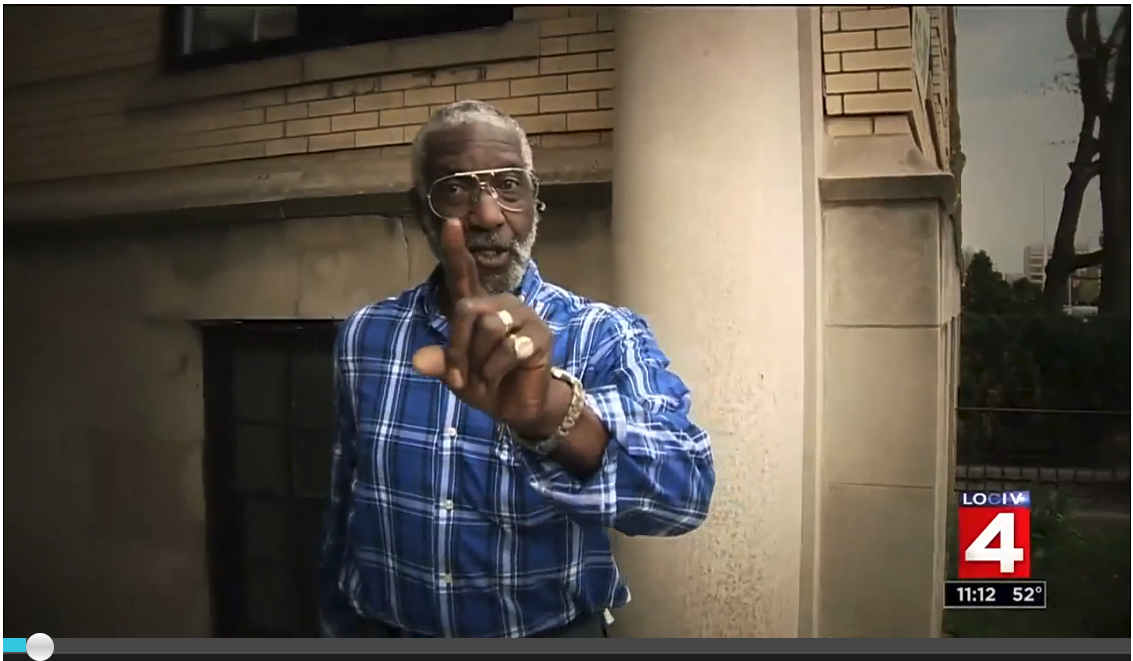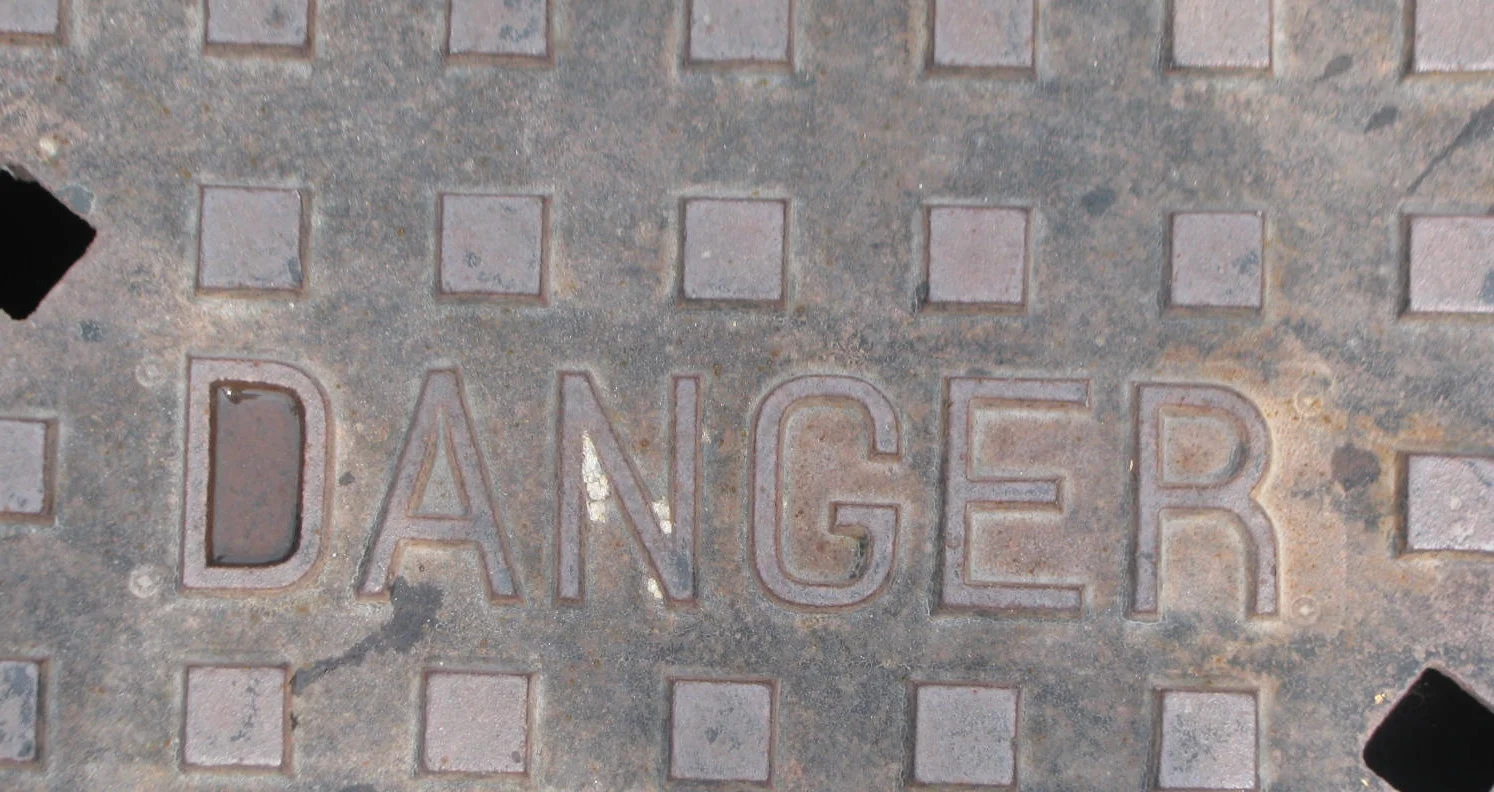I am thrilled to share that North Coast Strategies has been recognized as Michigan’s Top Crisis Management Firm by Michigan Lawyers Weekly.
As a company of one, I rarely speak publicly about my work. Discreet crisis management requires confidentiality, trust, and a concierge-level commitment to the clients I serve—often the ones you never read about, or the ones who cannot speak for themselves.
I’ve been fortunate to work alongside elected officials, university presidents, CEOs of global companies, association leaders, and small business owners during their most difficult moments. The essence of crisis management isn’t visibility, it’s discretion. It’s creating the conditions for leaders to act with clarity when circumstances are at their most uncertain and providing them guidance with insight and strategy,
Few prepare for a crisis. A crisis is an unexpected event that creates uncertainty, threatens reputation or operations, and forces leaders to make decisions under pressure with incomplete information. Today, those moments unfold in complex environments, where information spreads instantly, facts and falsehoods collide, and AI further complicates what is real and what is not. A bring clarity to the chaos, helping leaders respond decisively, repair trust, and move forward with strategy and purpose.
North Coast Strategies provides discreet, real-time crisis management and strategic communications for individuals and organizations navigating reputational risk, legal scrutiny, or public exposure. That includes rapid response and message development, reputation and digital identity protection, coordination with legal, media, and institutional teams, and the kind of strategic communications that can prevent, manage, or de-escalate an issue before it grows.
I am grateful to Michigan Lawyers Weekly and its readers for recognizing this work—both behind the scenes and in the public eye.
Michigan Lawyers Weekly Names North Coast Strategies Top Crisis Management Firm











